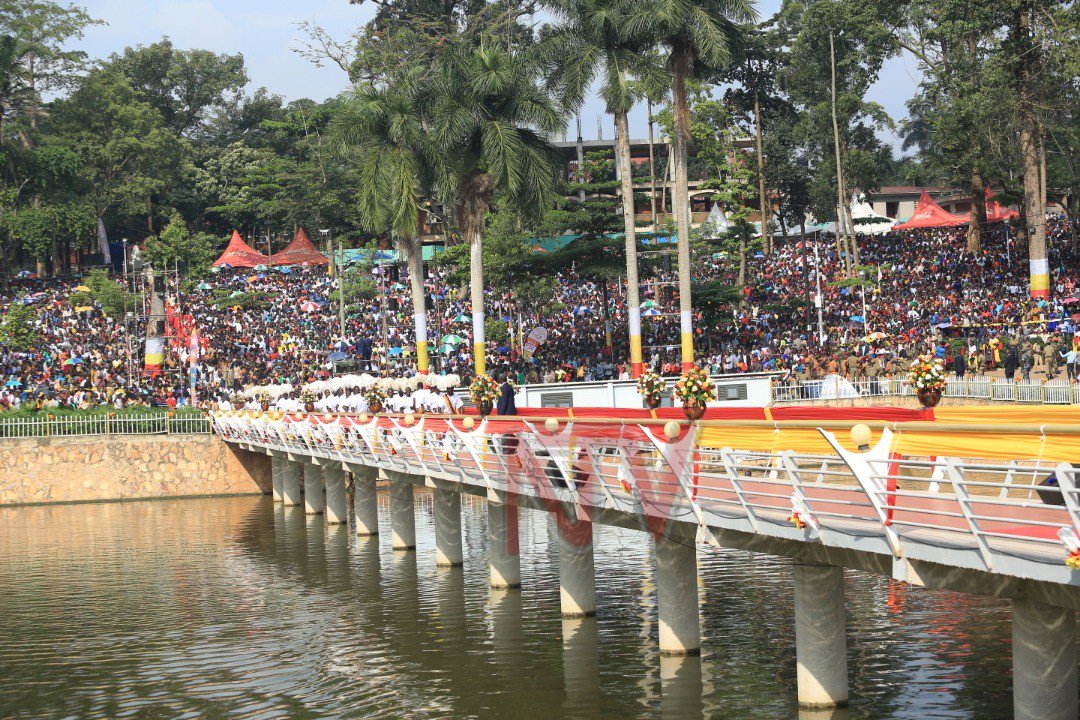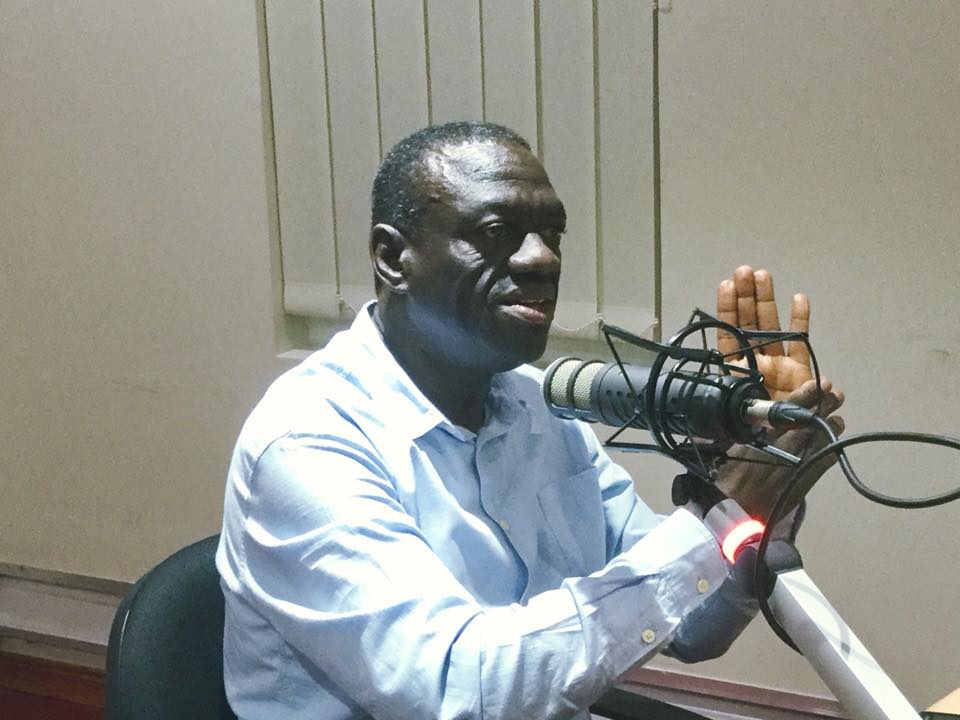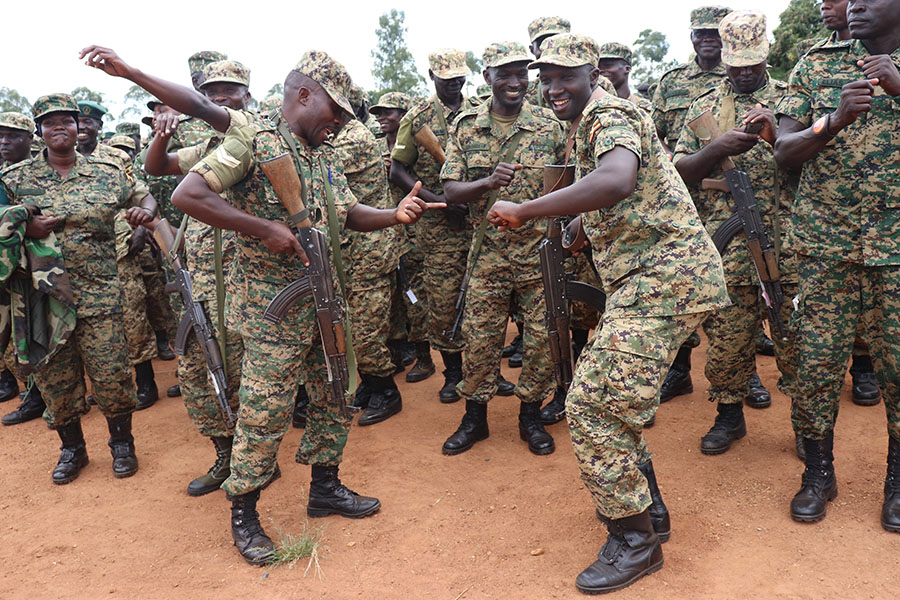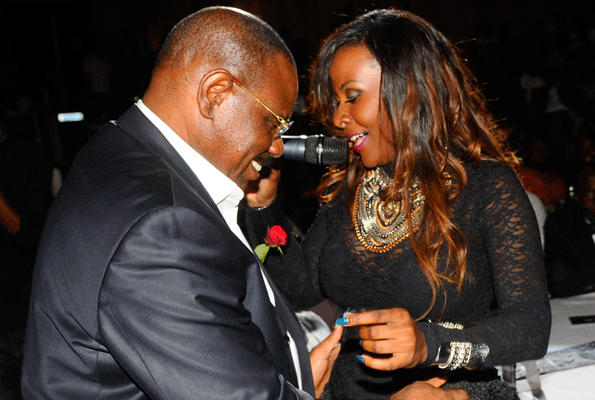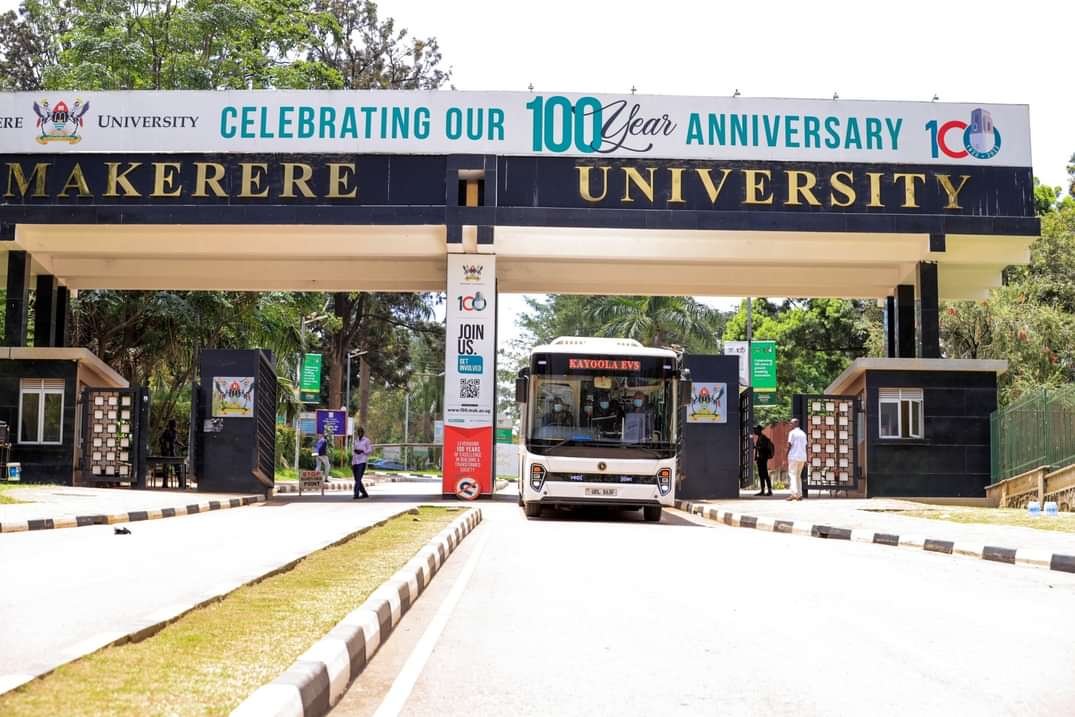By Besi Ndereya
In 1875, a letter purportedly authored by Kabaka Mutesa I of Buganda was published in England. The letter was a request for Missionaries and hence resulted in the arrival of Alexander Mackay from the Church Missionary Society (CMS) in 1877. In 1879, Fr. Lourdel Pierre Simon (Mapera) of the catholic White Fathers arrived in Buganda. With the Arabs already in Buganda, there was a 3-way race for converts. This three-way race caused anxiety at Kabaka’s (King’s) court in Mengo.
By mid-1880s, many had been converted by each of the three groups, and some of the converts held important posts at the king’s court. Mutesa I himself sympathized with Islam, but many prominent chiefs had become Christians.

In 1884, Mwanga II ascended the throne in Buganda. His ruling style fell far short of the charisma and political astuteness his father Mutesa I had demonstrated in dealing with these “bringers of faith.”
1881 marked the start of a systematic period in which European powers sought and succeeded in annexing vast territories in Africa (New Imperialism). There were multiple motivations for European colonizers, including the quest for national prestige, tensions between pairs of European powers, religious missionary zeal and internal African native politics. The annexation of Tanganyika in 1884 by the Germans was a cause for concern to Mwanga. Tanganyika lay to Buganda’s south. To the north of Buganda, Omukama Chwa Kabalega II had fought a fierce war of resistance against Khedive Ismael’s agent Samuel Baker. Kabalega emerged victorious defeating and embarrassing Samuel Baker on 14th June 1872. Kabalega’s encounter with Baker sealed his fate; it made him both suspicious of foreign interests in his kingdom while giving him belief in his military abilities against the imperialists.
These tales of the great King Kabalega no doubt emboldened Mwanga II in his bid to cement his Buganda from the influences of Christians and Arabs. Mwanga II on 29 October 1885 had the incoming Anglican bishop James Hannington assassinated on the eastern border of his kingdom. Joseph Mukasa, a convert to Christianity and likely successor to Kabaka Mwanga II protested this and on 15th November 1885; Mukasa became the first Catholic martyr, when he was beheaded at Nakivubo. Then, between 25 May and 3 June 1886, a wider series of executions were carried out. Mwanga instructed the killing of all the young men who disobeyed him.
In an explosive 2 year period starting 31st January 1885 with the murder of Rugarama Yusuf and Kakumba Makko at Busega and ending 27th January 1887 with the murder of Mzee Jean-Marie, Mwanga II would martyr 45 Christian converts. Twenty-two of the men, who had converted to Catholicism, were burned alive at Namugongo on 3rd June 1886.
The secular press of the time described his victims as martyrs as indeed did many religious publications such as Intelligencer of 1886. The Roman Catholic Church also used the episode to make the victims the focus of a “cult of martyrs.”
On 6th June 1920, Pope Benedict XV beatified all Roman Catholic Martyrs and Pope Paul VI canonized them on 18 October 1964. In the ceremony of canonization of the Catholic martyrs, Pope Paul VI also mentioned the Anglicans, saying: “Nor, indeed, do we wish to forget the others who, belonging to the Anglican confession, confronted death in the name of Christ.” The 3rd June feast day is included in the General Roman Calendar. A set of postage stamps were issued in the following year by Vatican City for commemorating the canonization. June 3rd is now a National thanks giving holiday in Uganda.
This year’s celebrations find Uganda and Africa at a precipice vis-à-vis a changing global terrain of contest. Islamic fundamentalists threaten the stability of the global order, Europe and America are unsure as to how to deal with the rise of Russia and China to the East and their influence in Africa. In Africa many of our political actors are unaware of this cauldron of global political/social activity.
It is why H.E. Yoweri Museveni joins Mama Nyerere every 1st June to pray for the Martyrs but also for the beatification and canonization of Mwalimu Julius Nyerere. The lessons of the martyrs awakened in Mwalimu a love for Africa famously saying “We, in Africa, have no more need of being ‘converted’ to socialism than we have of being ‘taught’ democracy. Both are rooted in our past — in the traditional society which produced us.” Like Mwalimu, president Museveni is a champion of African economic, social and political sovereignty.
It is incumbent on Africa’s political actors to always reckon well. As Aeschylus so famously wrote: Self-will in the man who does not reckon wisely is by itself the weakest of all things. Mwanga II did not reckon well.
Happy Martyrs’ day.
The writer is a Communications Assistant at Government Citizen Interaction Centre (GCIC), Ministry of ICT and National Guidance.


